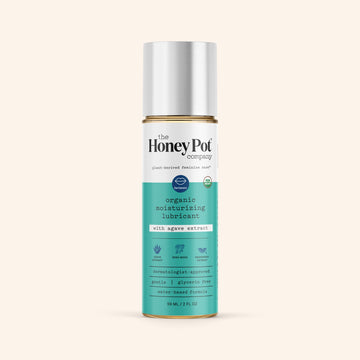We’ve now learned that during the follicular phase, the dominant follicle begins to form and the uterine lining thickens in anticipation of the egg becoming fertilized. If the egg does not become fertilized, then the lining of the uterine wall begins to shed causing bleeding during the menstrual phase.
During the ovulatory or ovulation phase, estrogen and testosterone are at their highest levels. The rise in FSH (follicle stimulating hormone) and LH (luteinizing hormone) stimulate the release of an egg. Menstruating people are most fertile at the time of ovulation, when the egg is released from the ovaries, usually 12-14 days before the start of the next period cycle. If you are trying to conceive, watch for thick white discharge from the vagina and a slight increase in basal body temperature. This is one of the most common ovulation phase symptoms.
Nutritionally, your appetite might still feel suppressed from the follicular phase when your metabolism begins to slow itself down and estrogen remains high. A focus on cruciferous vegetables and bitter greens such as cilantro and dandelion will help to flush out excess estrogen. Keep salty foods at bay, as this can create excess bloating and retention. Instead enjoy hydrating foods such as cucumbers, melons and of course, drink lots of water.
Energetically, you have a lot to burn! Enjoy more high intensity workouts (practice safety and awareness for your body) and enjoy spending time with loved ones - you’re feeling extra social. If you have a partner, practice lots of safe sex and use toys in the bedroom - bring out the more exploratory side of you. If you’re single, go on that date and engage in new conversations. Get dressed up and go out to dinner with your friends. Enjoy being around others, as you’re likely thriving and feeling extroverted.
After you’ve ovulated, you’ll likely notice that your energy will fall off - which is totally normal! This is due to the rise of progesterone, which can lead to more sluggish and introverted feelings. As with any of the period cycle phases, listen to your body and honor its needs. Sometimes that means going out and being a social butterfly and sometimes that means spending a night alone at home.






